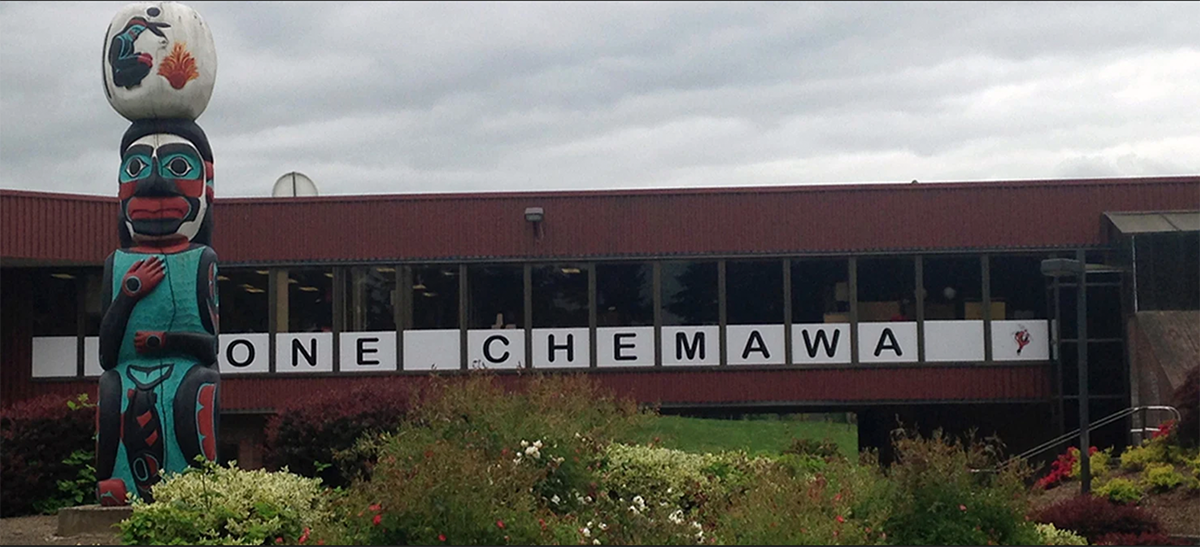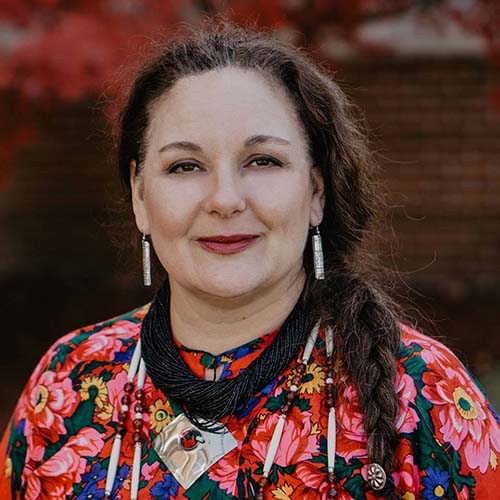
- Details
- By Nanette Kelley
Salem, Ore. — With students who come from tribes across the west, the Chemawa Indian School in Oregon will start out online in September due to COVID-19 concerns.
More than 125 years old, Chemawa is the oldest continuously operated boarding school for Native American students in the United States and one of 185 U.S. Bureau of Indian Education schools. The school has major tribal representation from across most of the western United States including White Mountain Apache, Tohono O'odham, Navajo, Gila River, San Carlos Apache, Warm Springs, Assinaboine/Sioux, Arapaho, Pueblo of Acoma, Oglala Sioux, Crow, Blackfeet and Alaska Natives.
According to the BIE website, due to COVID-19 concerns, closures of bureau-operated schools and off-reservation boarding schools are approved on a case by case basis to match local and state needs. When the pandemic hit the U.S., all BIE schools were closed by Mar. 23.
To safely reopen school sites in 2020-2021, the BIE sought tribal leader and other stakeholder input for the draft School Reopening Plan through July 29. Consultation sessions on the plan were held July 9 and July 10, and the BIE conducted a formal consultation webinar session on July 14. During the webinar, Deputy Assistant Secretary of Policy and Economic Development for Indian Affairs, Mark Cruz (Klamath Tribe), said the BIE also solicited views about the reopening from parents through a survey that was available until July 17. The BIE School Reopening Plan will provide directives to schools for developing individual school site reopening strategies.
“Our numbers in Oregon of COVID-19 cases have gone up dramatically in the past couple weeks,” Diane McGinnis, a teacher at Chemawa, told BIE leaders during the July 14 conference call. “And I guess my question is, what happens if the numbers do not go down? Are we going to still plan on opening at the end of, or at the beginning of September, and bring students into an area that is potentially dangerous?”
BIE Director Tony Dearman (Cherokee) responded to McGinnis’s concerns by saying, “That's what we're really needing the input from our stakeholders for, because not one plan is going to fit anywhere.”
According to a recent report from The Oregonian, “At least 66 Oregonians have died since July 12, a sum that has already surpassed Oregon’s deadliest three-week stretch from late March into April.”
More Stories Like This
Native Students Can Win $5,000 Scholarship, International Distribution in Pendleton Design ContestAmerican Indian College Fund Raises Alarm Over Plan to Shift Native Programs Away From the Dept. of Education
MacKenzie Scott Foundation Gives $5 Million Contribution to Little Priest Tribal College
Tribal Leaders Push Back on Dismantling of U.S. Department of Education
American Indian College Fund Names 12 Student Ambassadors for 2025–26
Help us defend tribal sovereignty.
At Native News Online, our mission is rooted in telling the stories that strengthen sovereignty and uplift Indigenous voices — not just at year’s end, but every single day.
Because of your generosity last year, we were able to keep our reporters on the ground in tribal communities, at national gatherings and in the halls of Congress — covering the issues that matter most to Indian Country: sovereignty, culture, education, health and economic opportunity.
That support sustained us through a tough year in 2025. Now, as we look to the year ahead, we need your help right now to ensure warrior journalism remains strong — reporting that defends tribal sovereignty, amplifies Native truth, and holds power accountable.
 The stakes couldn't be higher. Your support keeps Native voices heard, Native stories told and Native sovereignty defended.
The stakes couldn't be higher. Your support keeps Native voices heard, Native stories told and Native sovereignty defended.
Stand with Warrior Journalism today.
Levi Rickert (Potawatomi), Editor & Publisher

